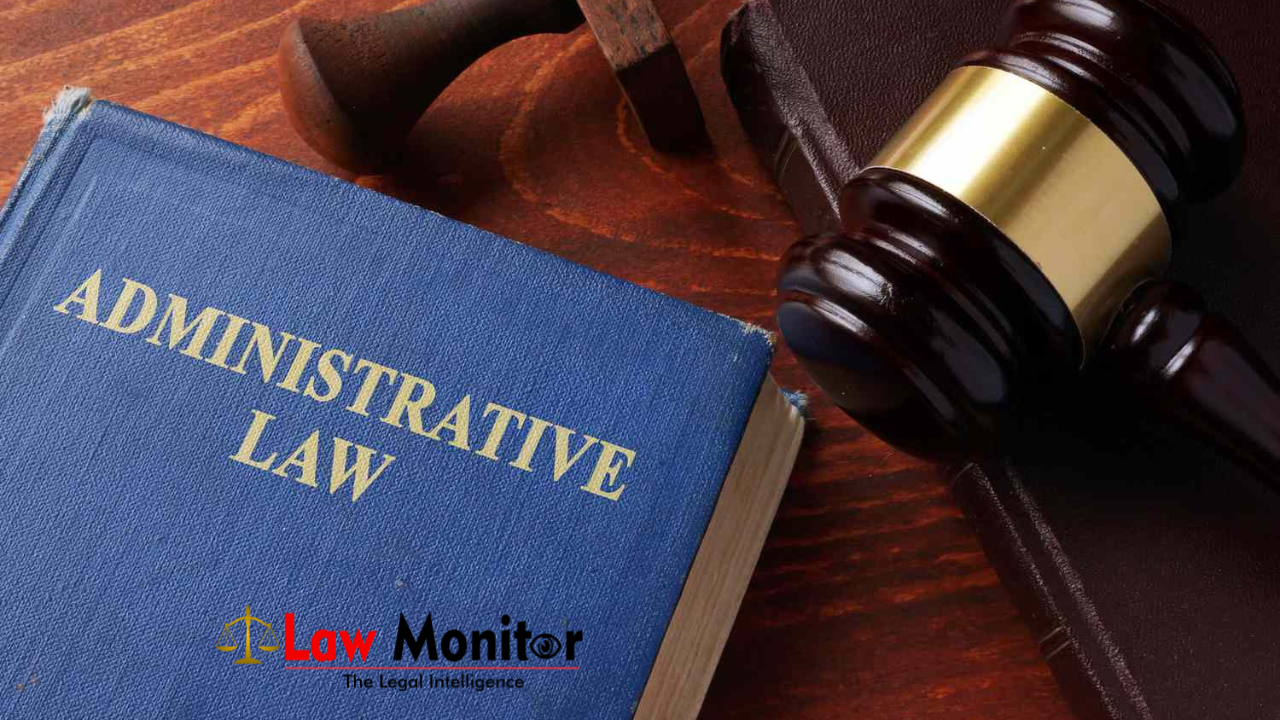The evolution of the Rule of Law in India finds its roots in British conceptualization. India embraced this theory from Britain’s legal system, which had initially drawn inspiration from the legal principles of France.
Administrative law, a historical concept, maintains its relevance in the present world due to its philosophies and techniques. It has evolved over time, retaining its foundational principles while adapting to fit the changing legal landscape. For instance, the separation of powers among the legislature, judiciary, and executive and the concept of Rule of Law have remained integral. The Rule of Law, as interpreted by Dicey, embodies three crucial elements:
(i) Supremacy of law (ii) Equality before the law (iii) Judge-made law
This ideal serves as a safeguard against the state’s potential transformation into a totalitarian authority, preserving the essence of democratic values. These democratic principles encompass individual rights, notably the safeguarding of freedom of thought, religious practice, occupational choice, and access to essential living conditions. Upholding these rights reinforces the democratic fabric, forming the ethical and moral foundation of a democratic society.
Evolution of the Rule of Law in India:
British Origins: India’s Rule of Law evolution can be traced back to British influence, incorporating the theory from Britain’s legal system, itself influenced by French legal principles.
Essential Features: The Rule of Law, based on Dicey’s interpretation, comprises three vital aspects: supremacy of law, equality before the law, and judge-made law. It ensures justice, equality, and fairness, preventing government arbitrariness.
Democratic Structure: This ideal prevents the state from becoming a totalitarian authority, preserving democratic values and individual rights, such as freedom of thought, religion, work, and necessary living facilities.
Rule of Law and Grundnorm:
Basic Concept: Grundnorm, usually a country’s constitution, governs its representatives, limiting their authority. It establishes that the law governs, not individuals, ensuring known, specific, general, and equal rules.
Preservation of Rights: The grundnorm safeguards citizens’ lives without violating their rights, maintaining an efficient and effective legal system.
Evolution of the Rule of Law in India:
Postcolonial Era: The introduction of the Rule of Law concept was associated with the constitution, notably challenged and recognized in the ADM Jabalpur v UOI case. Justice H.R Khanna emphasized the sanctity of life and liberty even without explicit constitutional provisions.
Role in Governance: The Rule of Law regulates governmental powers, necessitating checks and balances in administrative actions affecting constitutional rights.
Judicial Precedents: Landmark cases like Kesavananda Bharti v State of Kerala and Sukhdev v Bhagatram cemented Dicey’s theory in India’s legal system, emphasizing the importance of the Rule of Law in maintaining a democratic society.
Origins and Evolution of Due Process and ‘Procedure Established by Law’:
US Constitution: The US Constitution’s 5th Amendment and India’s Article 21 both address the right to life and personal liberty.
Interpretational Variations: While the US emphasizes ‘due process,’ India initially adopted ‘procedure established by law.’ However, judicial interpretations after the 1978 Maneka Gandhi case expanded the phrase’s scope to align with the concept of ‘due process.’
Maneka Gandhi Case (1978): The case marked a shift in jurisprudence, emphasizing that ‘procedure established by law’ must be ‘reasonable, just, and fair,’ akin to the concept of ‘due process.’ It highlighted violations of Article 14 (equality), Article 21 (right to travel abroad), and the Audi Alteram Partem Rule (right to a fair hearing).
Post-Maneka Gandhi: Article 21 gained prominence, conferring substantive rights and procedural safeguards, ensuring a life of dignity beyond mere survival.
Significance and Interpretation of Article 21:
Judicial Assertion: Article 21 mandates a right, fair, and just procedure and extends to both substantive and procedural law. Any arbitrary state action depriving life or personal liberty contradicts Article 21.
References– [1] P.B Mukherji, “ADMINISTRATIVE LAW”, 1958[2] James Dobbins, Seth G. Jones, Keith Crane and Beth Cole DeGrasse,”The Beginner’s Guide to Nation-Building”, 2007
This comprehensive evolution illustrates the Rule of Law’s development, its critical role in India’s governance, and the transformation of due process, evolving from ‘procedure established by law’ to a broader understanding of rights and fairness.



